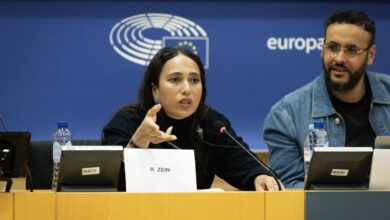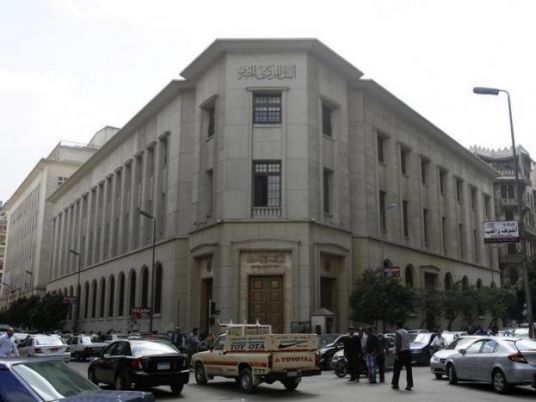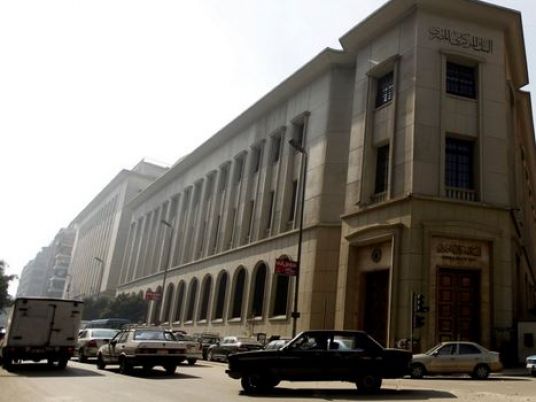The various coalitions formed in the wake the Egyptian revolution will dissapear from the political arena once the transitional period ends, said experts of revolutionary political movements in Egypt.
Following the overthrow of Egyptian dictator Hosni Mubarak on 11 February, a number of coalitions were formed, including the Revolution Youth Coalition (RYC), the Revolution Youth Union (RYU) and the Stability Youth Coalition (SYC).
Observers believe that some of these coalitions succeeded to a large degree in expressing protesters’ demands, despite the fact that most of their members are affiliated with various political trends.
According to Ashraf al-Sharif, a political science professor at the American University in Cairo (AUC), these groups can viewed as the revolution’s media front. However, they have yet to have any real influence on the street. Sharif said the, albeit temporary, existence of these coalitions in the political arena reflects the changing nature of life in Egypt at present.
One of the most prominent of the coalitions, the RYC, was formed by a group of activists in Tahrir Square during the revolution. The activists represent eight strong political movements, the most prominent of which are the Muslim Brotherhood (MB), the leftist Tagammu Party and the supporters of Mohamed ElBaradei.
Mohamed al-Qasas, an RYC spokesperson and its MB representative, said the coalition’s role “will end with the end of the transitional period."
Qasas told Al-Masry Al-Youm that the RYC’s role is to monitor the realization of the revolution’s demands, and to communicate with the current government in a positive manner.
Another movement that resulted from the revolution is the RYU, which appeared shortly before the fall of the former regime. The movement includes a group of independent youth new to politics.
In a statement to Al-Masry Al-Youm, RYU spokesman Abdullah Hilmi said, "We will continue indefinitely, and this is the fundamental difference between us and RYC."
“The Union is dedicated to the presentation of the ideas of independents and those unaffiliated with any group or political movement,” explained Hilmi. “We try to present initiatives and to provide effective solutions in various fields."
"We are not looking to transform ourselves into a political party, or to nominate any of our members for coming elections. We are seeking a new experience," said Hilmi. "We are seeking to put media pressure on decision-makers who are moving slowly."
Hilmy admitted that he faces problems within the union with regards to differing views and directions, a fact that sometimes affects the movement’s stability.
According to AUC lecturer Sharif, "It is unlikely that the fate of all these movements will be to form political parties with the same composition, because there are differences between the ideologies of the members."
However, Sharif predicted that "compatible groups within these movements may agree to participate in the same political activity and establish an independent party."
RYC heads Mostafa al-Naggar and Shadi al-Ghazali Harb have both independently begun establishing two new parties, one named the Justice Party and the other the Free Awareness Party. Sharif questioned the ability of either party to succeed during the current period.
Meanwhile, a number of other groups have also appeared on the political arena, calling for an end to the weekly million-man protests and labor strikes. Two groups that appeared nearly two months ago are the Stability Youth Coalition (SYC) and the Stability Youth Movement (SYM).
The two movements have both called for leniency for Mubarak and declared their sympathy with some leading figures of the Mubarak regime. The movements’ supporters organized a number of protests in Mustafa Mahmoud Square in Mohandiseen. Members of the groups reject accusations of loyalty to the former regime.
"We are not members of the dissolved National Democratic Party. All we ask for is more internal stability," said SYC member Hani Gamal to Al-Masry Al-Youm. "Egypt's economy cannot handle all of these protests, so it was necessary for other movements in opposition to the revolutionary movements to appear to demand what is in the nation’s best interests."
Translated from the Arabic Edition




